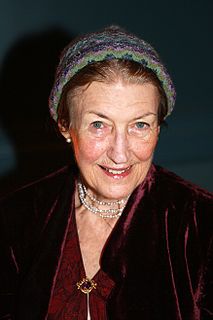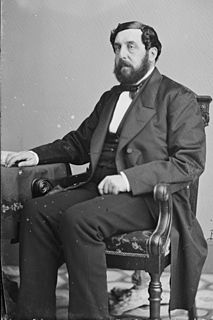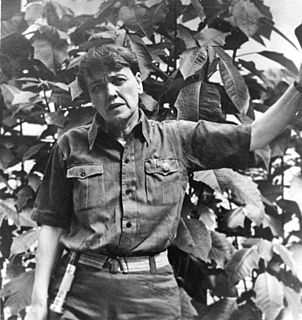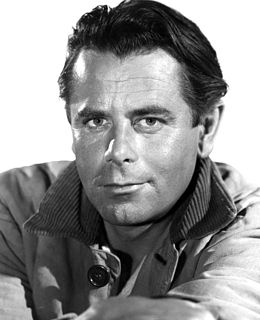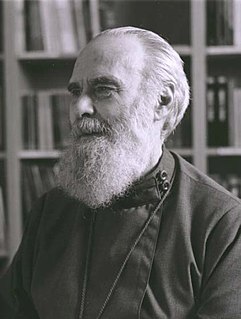A Quote by Shirley Hazzard
Perhaps if we lived with less physical beauty we would develop our true natures more.
Related Quotes
What does labor want? We want more schoolhouses and less jails; more books and less arsenals; more learning and less vice; more leisure and less greed; more justice and less revenge; in fact, more of the opportunities to cultivate our better natures, to make manhood more noble, womanhood more beautiful, and childhood more happy and bright.
...What is the use of beauty? i have lived my life surrounded by painters, and still I do not know the answer. But i suspect, some days, that beauty helps protect the spirit of mankind, swaddle it and succor it, so that we might survive. Beauty is no end in itself, but if it makes or lives less miserable so that we might be more kind-well, then, lets have beauty, painted on our porcelain, hanging on our walls, ringing through our stories.
Perhaps it is not-being that is the true state, and all our dream of life is inexistent; but, if so, we feel that these phrases of music, these conceptions which exist in relation to our dream, must be nothing either. We shall perish, but we have as hostages these divine captives who will follow and share our fate. And death in their company is somehow less bitter, less inglorious, perhaps even less probable.
If people can be educated to see the lowly side of their own natures, it may be hoped that they will also learn to understand and to love their fellow men better. A little less hypocrisy and a little more tolerance towards oneself can only have good results in respect for our neighbor; for we are all too prone to transfer to our fellows the injustice and violence we inflict upon our own natures.
Once physical beauty is gone there must be something more to take its place . . . 'To thine ownself be true' is a rule to live by in Hollywood, especially. There's a strong undercurrent of conformity in the movie colony that one must fight all the time. I think this especially true when it comes to fashion, beauty and grooming.
Unless we look at a person and see the beauty there is in this person, we can contribute nothing to him. One does not help a person by discerning what is wrong, what is ugly, what is distorted. Christ looked at everyone he met, at the prostitute, at the thief, and saw the beauty hidden there. Perhaps it was distorted, perhaps damaged, but it was beauty none the less, and what he did was to call out this beauty.
Does character develop over time? In novels, of course it does: otherwise there wouldn't be much of a story. But in life? I sometimes wonder. Our attitudes and opinions change, we develop new habits and eccentricities; but that's something different, more like decoration. Perhaps character resembles intelligence, except that character peaks a little later: between twenty and thirty, say. And after that, we're just stuck with what we've got. We're on our own. If so, that would explain a lot of lives, wouldn't it? And also - if this isn't too grand a word - our tragedy.
